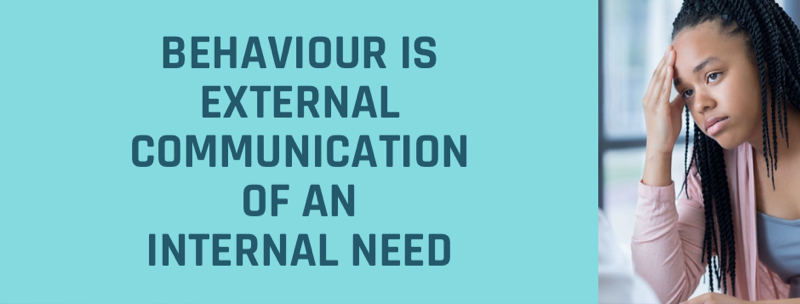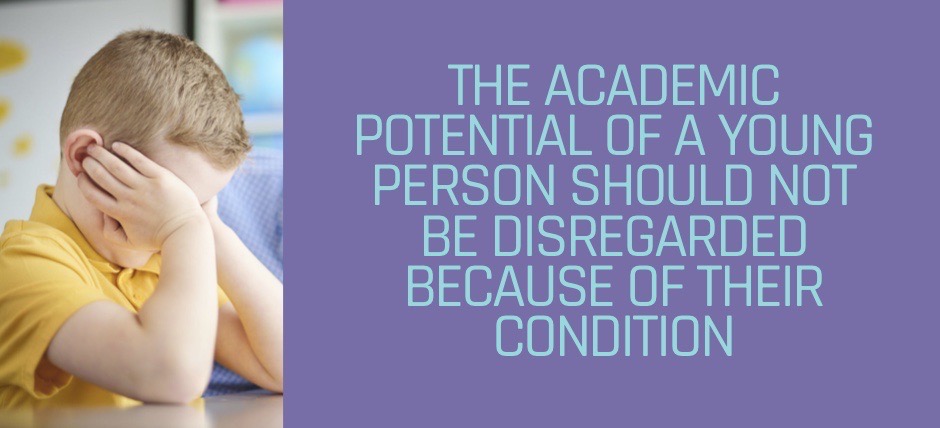PANS/PANDAS, is a medical condition that we are seeing increasingly diagnosed in students referred to us.
Until recently, we, like many providers, knew little about this. Thanks to a pro-active CPD program we’ve caught up, and thought to share some of this with you*.
PANS (Paediatric Acute-onset Neuropsychiatric Syndrome) and its subset PANDAS (Paediatric Autoimmune Neuropsychiatric Disorders Associated with Streptococcal Infections) are conditions that are infection-triggered autoimmune responses, causing inflammation in the brain.
It is thought that antibodies are triggered to attack the Basal Ganglia, the part of the brain that is responsible for movement and behaviour. This can result in a child exhibiting a range of symptoms including anxiety, aggressive and/or oppositional behaviour, depression, sleep disturbances, and a sudden onset of OCD (obsessive compulsive disorder) to name a few.
PANS/PANDAS is identified by a clinical diagnosis, which means there is no specific test that can be done to identify it. The identification of the condition is based on signs, symptoms, and medical history. The condition is one that follows a relapsing and remitting pattern.
Many of the symptoms that are linked to PANS/PANDAS are also commonly associated with other conditions including Autism, OCD, Anxiety, ADHD, and in extreme cases psychosis, which can often mean misdiagnosis and misunderstanding around the support and intervention a young person needs. There have also been instances where families are being accused of FII (Fabricated and Induced Illnesses) as they persist with trying to get the correct support for their child.
We always take a person-centred approach with every student we work with. We know that not every young person with Autism or ADHD will respond to the same behaviour support and intervention techniques, and this is the same approach we take to young people with suspected or confirmed PANS/PANDAS.
It is so important to understand that all behaviour is communication of an unmet need. A young person with PANS/PANDAS is NOT displaying ‘naughty behaviour’, they are having a physiological reaction because of the brain’s inflammation and the body’s abnormal immune response.


A young person who is experiencing an episode will be unlikely to respond to standard behavioural interventions. They need provision to be made that understands and accommodates their needs. For some this is understanding that getting out of bed may be simply impossible on some days.
It is important to develop safe and effective responses to any inappropriate behaviours. This can include reducing stimulation and minimising the demand placed on them.
Young people with PANS/PANDAS may be erratic with their attendance, academic progress, and ability to function and this may vary from day to day, but this does not mean their academic potential should be disregarded.
Whilst it can be difficult to obtain a diagnosis of PANS/PANDAS, or there may be a lot of confusion around the certainty of the condition, the most important thing, as with all conditions, is that every student should have a plan in place that identifies the early warning signs and strategies and support to be implemented.
PANS and PANDAS factsheet for Teachers
* Information provided in or through this website is for information purposes only and is not intended to provide medical or professional advice.